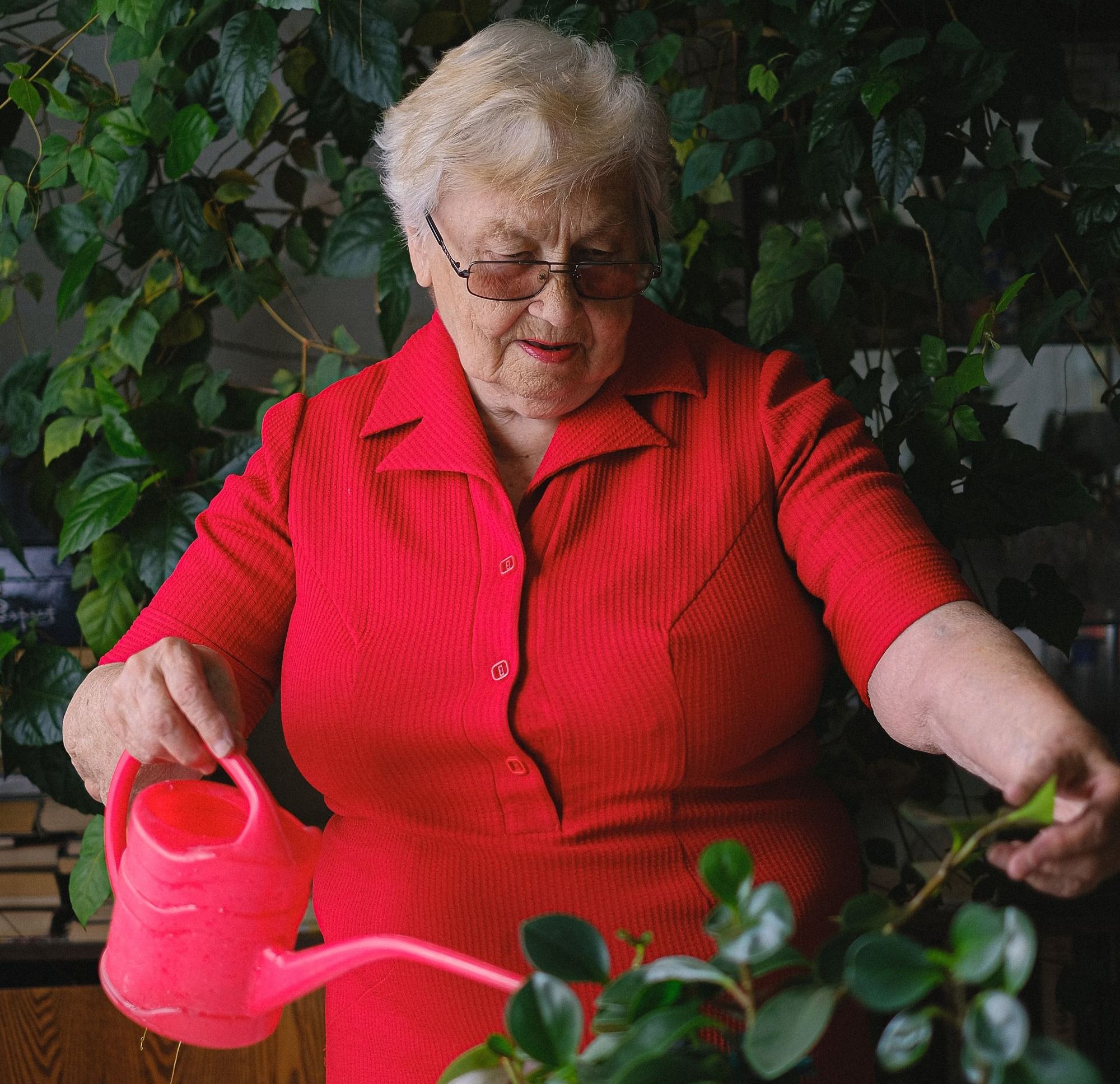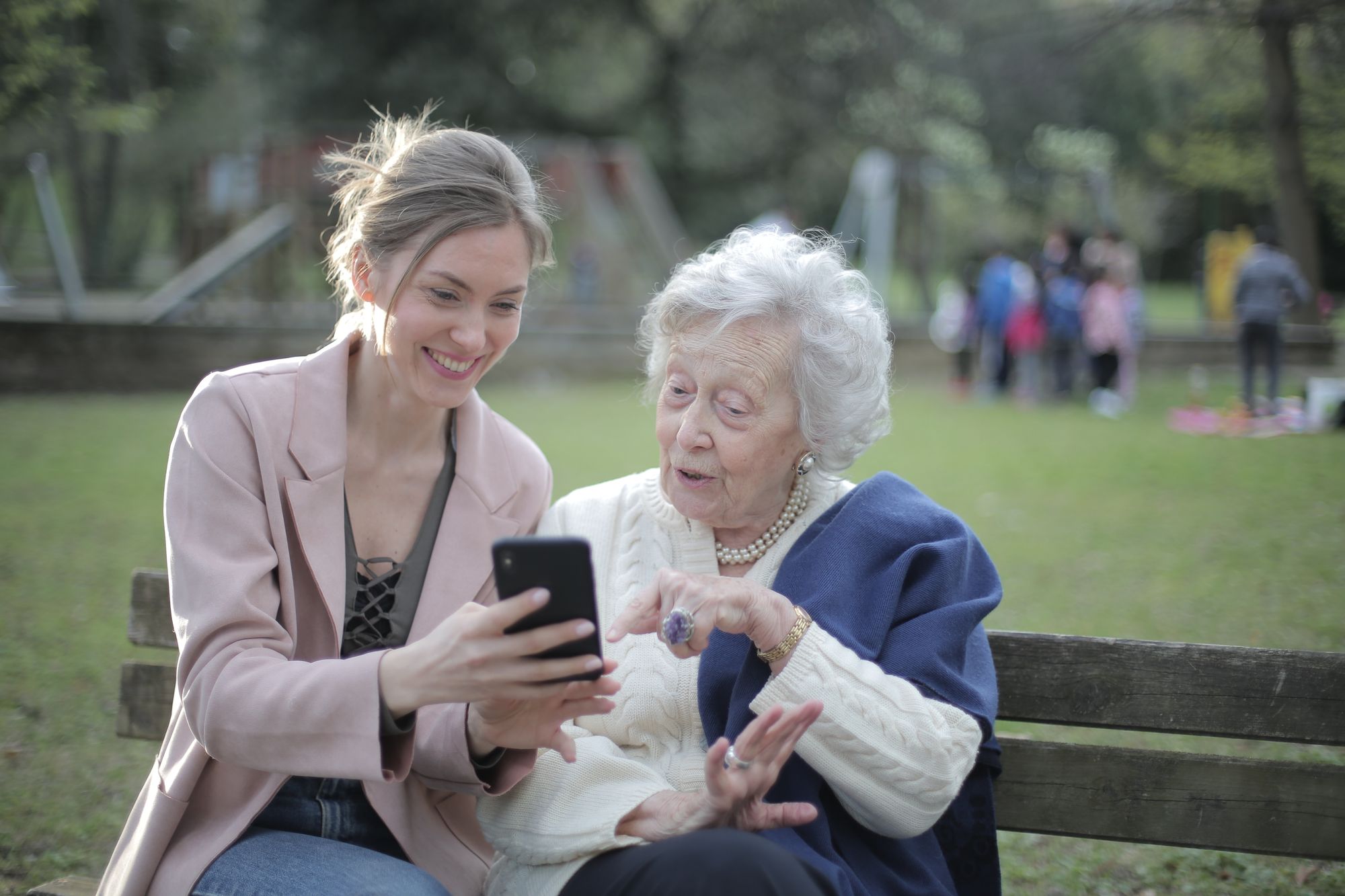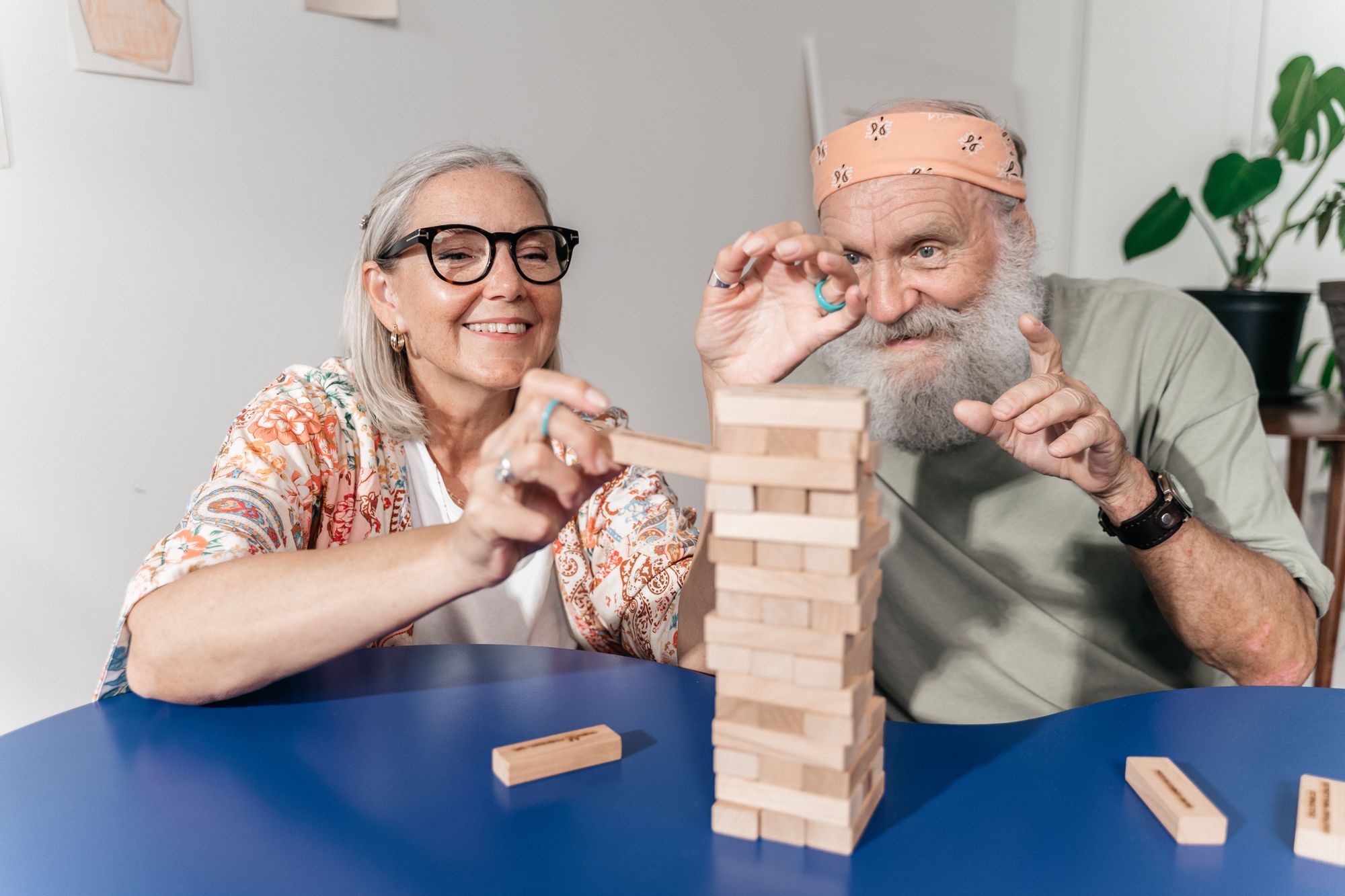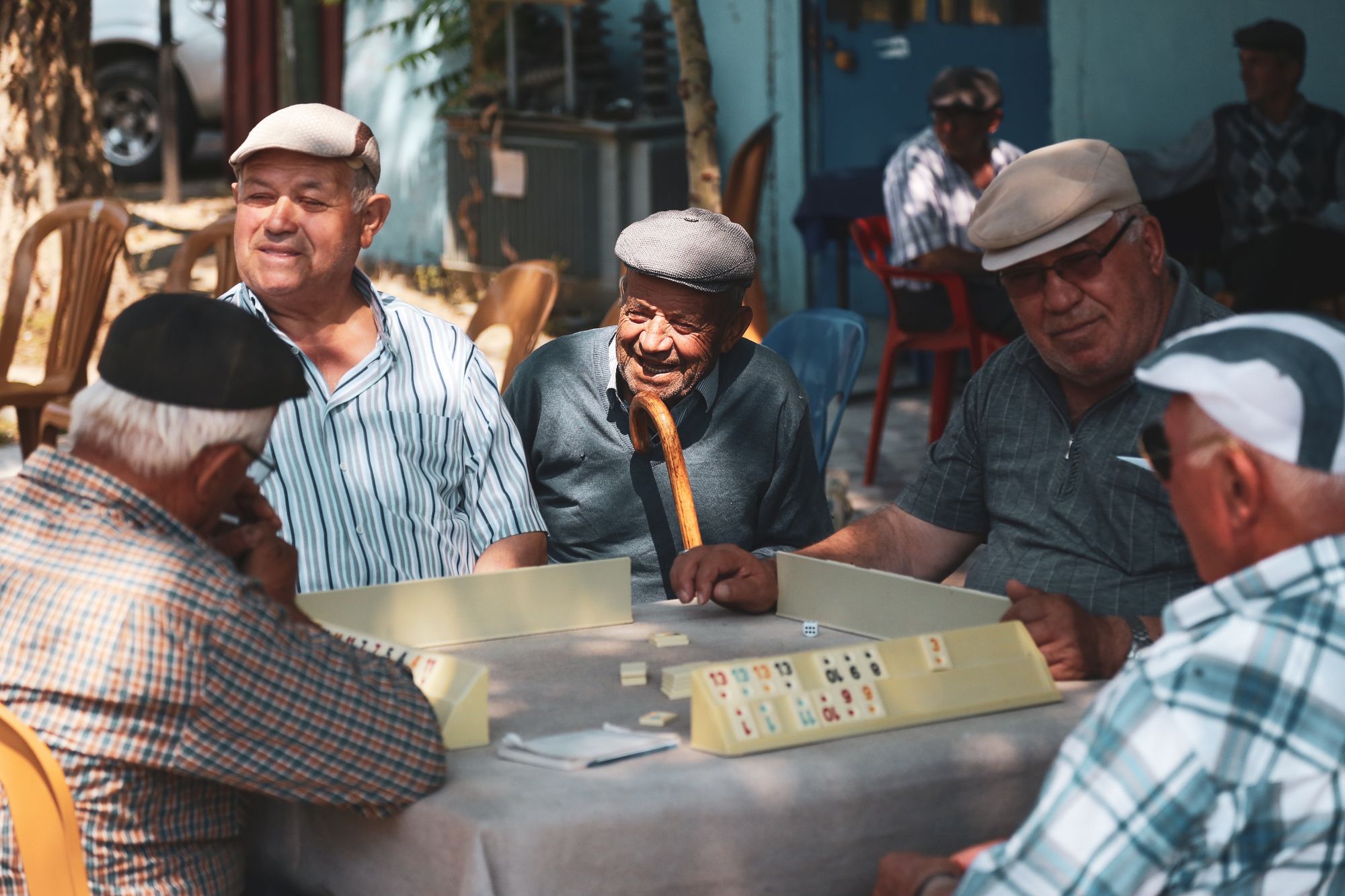Engaging Activity for Dementia Patients
Caring for a loved one with dementia is a journey filled with challenges and rewards. One key aspect to maintain their quality of life is to engage them in activities tailored to their needs and preferences.

Caring for a loved one with dementia is a journey filled with challenges and rewards. One key aspect to maintain their quality of life is to engage them in activities tailored to their needs and preferences. In this blog post, we will explore a variety of fun and engaging activities for dementia patients, emphasizing the importance of adapting to the different stages of dementia, fostering creativity, and promoting cognitive health. From sensory stimulation to outdoor adventures, let’s dive into the world of dementia-friendly activities to enrich the lives of our loved ones.
Short Summary
- Activities for dementia patients should be personalized to their abilities and interests.
- Creative expression, physical activities, sensory stimulation and technology-enhanced activities can all help enrich home experiences.
- Adapting activities to suit individual needs leads to successful & enjoyable experiences!
Activities for All Stages of Dementia
Dementia, including Alzheimer’s disease, is a collection of symptoms related to a decrease in cognitive skills and abilities, and it’s essential to choose activities that suit the person’s interests and current cognitive abilities. As dementia progresses, the focus should be on providing mental stimulation and meaningful engagement that supports their personal identity. This way, we can ensure that older adults with dementia feel valued and maintain their overall well-being.
Activities should be tailored to the individual’s abilities and interests, and should be tailored to the individual’s abilities and interests.
Early-Stage Dementia Activities
In the early stages of dementia, individuals can benefit from activities that promote cognitive health, such as:
- reading
- puzzles
- gardening
- cooking
- attending social events
Therapeutic gardening, for example, boosts physical and mental health for people with mild cognitive impairment or Alzheimer’s disease.
Card games like War, Go Fish, or Uno can be fun, easy, and help maintain cognitive function.
Middle-Stage Dementia Activities
As dementia progresses into the middle stage, activities involving daily living tasks, physical activities, sensory stimulation, reminiscing, and creativity become more suitable. Folding laundry, washing dishes, or sorting socks can provide sensory stimulation and a sense of accomplishment. For physical activities, consider walking, stretching, and some light exercise.
Engaging in sensory stimulation activities like stroking a pet, crafting, or listening to music can help manage challenging behaviors. These activities can help reduce anxiety and agitation, and provide a sense of purpose and accomplishment.
Late-Stage Dementia Activities
In the late stages of dementia, the aim of activities shifts towards providing comfort, stimulating senses, and creating meaningful engagement. Late-stage dementia patients can benefit from tactile experiences, such as stroking or folding towels, and spending time listening to familiar music or looking at old photos.
For outdoor activities, ensure they are safe and comfortable for the person to enjoy without causing any distress.
Creative Expression for Dementia Patients
Creative activities play a vital role in the lives of people with dementia, as they encourage self-expression and reminiscing. Some examples of these activities include:
- Painting
- Crafting
- Knitting
- Scrapbooking
Engaging in failure free activities can spark positive feelings and stimulate memories.
Creating photo albums from old family pictures or cutting out images from old magazines related to their interests can be a great way to engage their creativity and explore their past.
Physical Activities to Support Cognitive Health
Sensory Stimulation Activities Physical activities are essential for promoting cognitive health in dementia patients.
Some great options for improving balance and cognitive function include:
- Tai chi
- Yoga
- Walking
- Dancing
Playing catch is another excellent activity that can help create social connections and provide a sense of accomplishment for both you and your partner.
Research has even shown that treadmill exercises can improve learning and memory skills in Alzheimer’s disease, although this was demonstrated in mice.
Sensory Stimulation Activities

Sensory stimulation activities can enhance memory and cognition in dementia patients. Arranging flowers, cooking together, and making flavored water are just a few examples of activities that provide sensory stimulation. Familiar smells, like fresh-cut grass or the aroma of warm bread, can evoke joyful memories and emotions for dementia patients. Surrounding them with these kinds of smells can help improve their quality of life.
Exploring different textures through sensory activities like clay can be beneficial as well. These activities can help stimulate the senses and provide a sense of purpose and accomplishment for dementia.
Technology-Enhanced Activities

Incorporating technology-enhanced activities can enrich home-based experiences for dementia patients. Nature/art live cams, Google Earth, and personalized video tablets are examples of technology that can create engaging and stimulating experiences.
These activities should be straightforward, user-friendly, interesting, and tailored to the individual’s interests and cognitive abilities, while also incorporating planning activities.
Outdoor Adventures for Dementia Patients
Outdoor adventures like gardening, bird feeding, and park walks can boost mood and reduce agitation in dementia patients. Engaging in these activities can provide a connection to nature and a sense of accomplishment, while also offering sensory stimulation and fresh air.
Ensure that the outdoor environment is safe and comfortable for the person living with dementia to fully enjoy the experience.
Brain-Boosting Games and Puzzles

Brain-boosting games and puzzles, such as card games, word scrambles, and jigsaw puzzles, provide cognitive stimulation and can even lower the risk of Alzheimer’s disease. These activities can help maintain cognitive skills and engage the person with dementia in a fun and challenging experience.
Board games like Chutes and ladders or checkers also offer an enjoyable way to exercise cognitive abilities.
Household Chores and Handy Activities
Household chores and handy activities like folding laundry, untying knots, and threading pasta offer a sense of accomplishment and purpose for dementia patients. Engaging in these activities can provide a sense of normalcy and productivity, allowing the person to feel useful and valued.
Simplified versions of these tasks can be adapted to accommodate the individual’s cognitive abilities and ensure success.
Social Interaction and Support

Social interaction and support are crucial for people living with dementia. Book clubs, support groups, and video calls with family members help dementia patients stay connected and engaged. Participating in these activities can improve self-esteem, create social connections, and provide an opportunity to share advice and experiences with others in similar situations.
These activities can help dementia patients feel less isolated and more connected to the world around them.
Adapting Activities for Success
To ensure success and enjoyment in activities for dementia patients, it’s essential to adapt them according to the person’s needs and abilities. Breaking activities down into smaller tasks, helping with difficult parts, and giving a purpose or goal can reduce frustration and increase the sense of accomplishment.
By adapting activities, we can provide a positive and meaningful experience for our loved ones living with dementia.
Summary
In conclusion, engaging dementia patients in various activities tailored to their needs and preferences can significantly improve their quality of life. From creative expression to household chores, these activities provide cognitive stimulation, self-expression, and social interaction that contribute to the well-being of our loved ones. By adapting activities for success and embracing a wide range of options, we can create a fulfilling and rewarding journey for those living with dementia.
Frequently Asked Questions
What activities are good for dementia?
Activities such as listening to music, dancing, and contact with babies, children or animals can provide a positive experience for those with dementia. Looking through old photos, memorabilia and books can help spark memories from earlier times.
Outdoor activities like walks in nature can help boost mood and well-being.
How do you keep a dementia person busy?
Keeping a dementia person busy involves engaging in activities like exercise, outdoor activities, games, music and art - all of which have been proven to help ease the emotional and behavioral toll associated with the condition.
Exercise, outdoor activities, games, music and art can all help to keep a dementia person occupied and engaged. These activities can help to reduce the emotional and behavioral difficulties associated with the condition.
What are the fun group activities for dementia patients?
Group activities for dementia patients can include puzzles, singing songs and playing memory games. Engaging in these activities is a great way to connect with loved ones while stimulating brain function.
These activities can help reduce stress and anxiety, as well as provide a sense of purpose and accomplishment. They can also help improve communication and social skills.
How can creative activities benefit dementia patients?
Creative activities provide an opportunity for dementia patients to express themselves, stimulate memories, and evoke positive feelings, aiding in their quality of life.
These activities can range from painting and drawing to music and dance. They can be done alone or with a group, and can be tailored to the individual’s interests and abilities.
Creative activities can help dementia patients.
What physical activities can help support cognitive health in dementia patients?
Exercises such as tai chi, yoga, walking, and dancing can help support cognitive health in dementia patients by improving balance and cognitive function.
These activities can help reduce the risk of falls, improve coordination, and increase strength and flexibility. They can also help to improve cognitive function by stimulating the brain and providing a sense of purpose and accomplishment.
In addition, there are several improvements.
You might also like this article:








